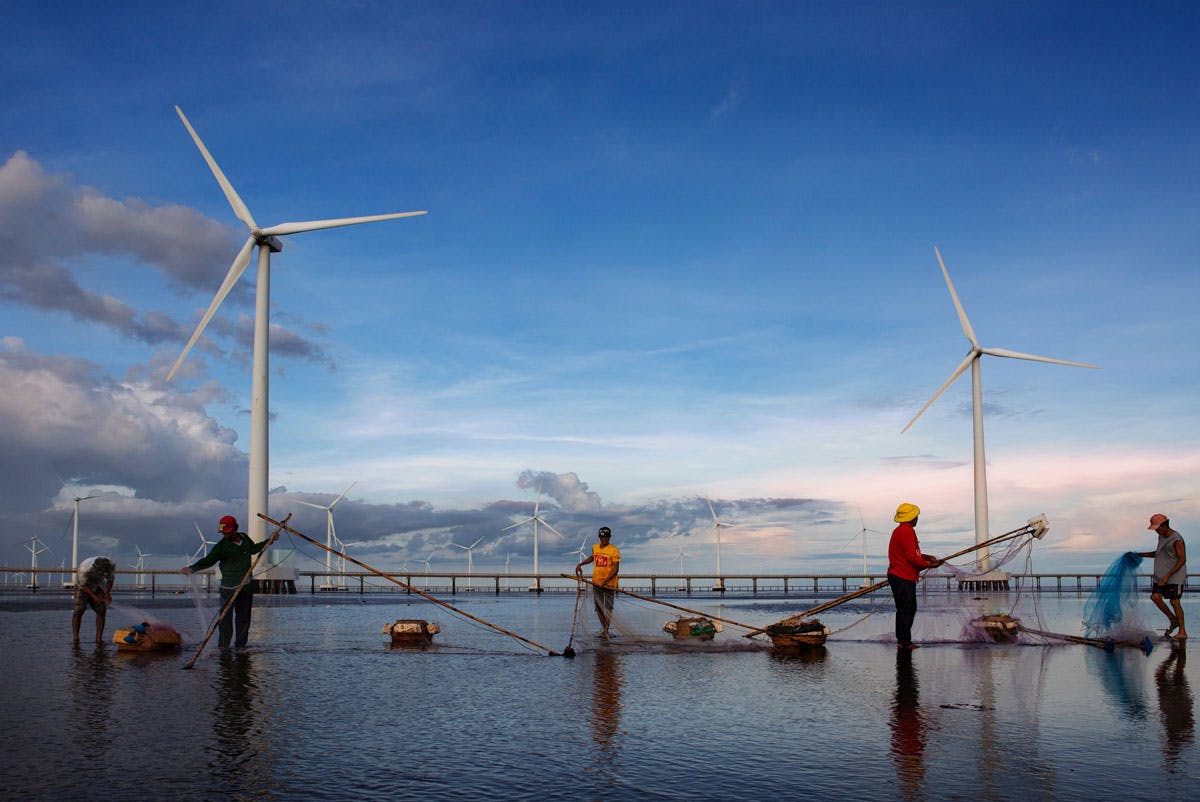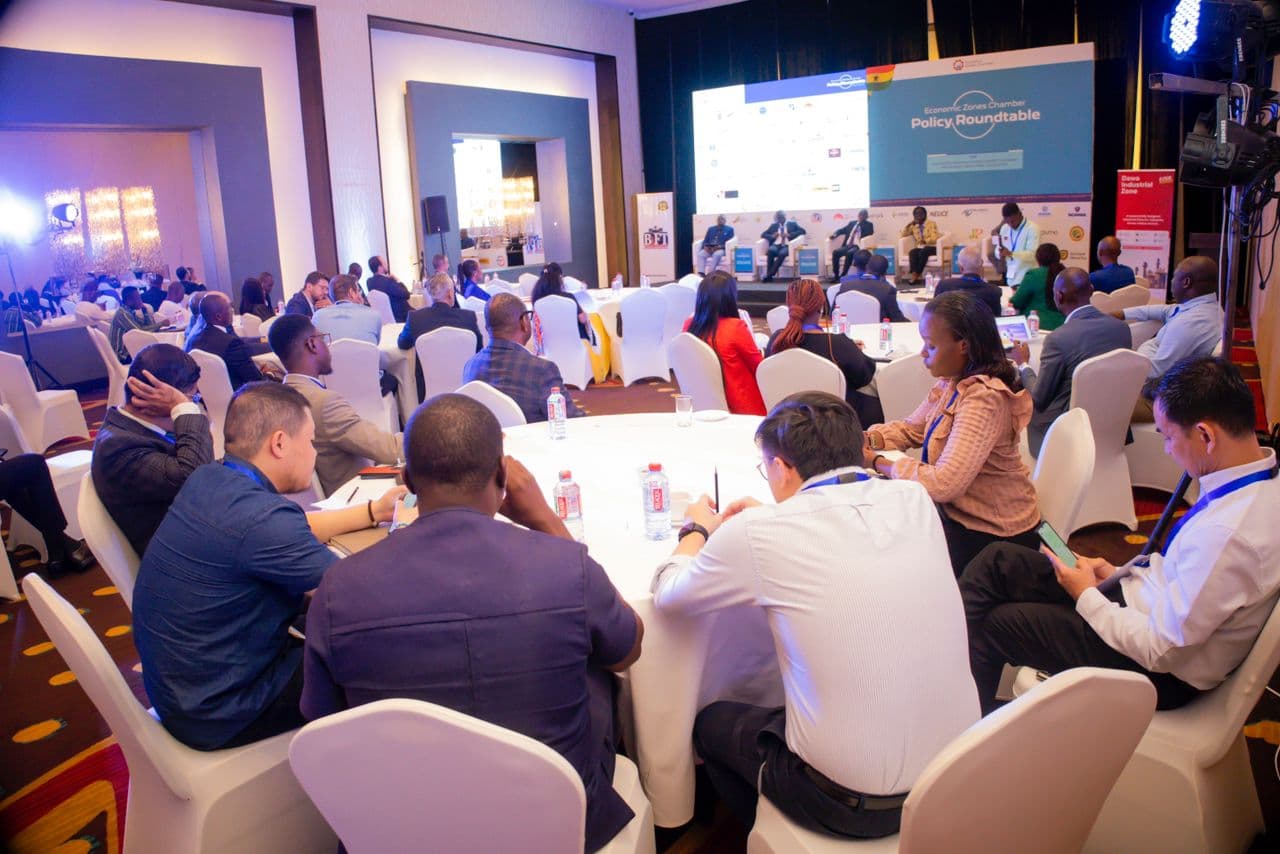How Africa Can Pioneer a Sustainable Energy Transition: Lessons from ASEAN

As the world's fourth-largest energy consumer, ASEAN's journey towards a sustainable energy future is not just a regional endeavor but a global call to action. However, amidst the myriad of challenges and opportunities, lies a unique angle that resonates deeply with Africa—a continent grappling with similar energy dilemmas and climate vulnerabilities.
Africa, much like ASEAN, stands at a crossroads, balancing economic development aspirations with the urgent need to mitigate climate change impacts. With a fast-growing population expected to reach close to 2 billion by 2050, Africa's energy demand is poised to skyrocket. Yet, like their ASEAN counterparts, African nations are acutely vulnerable to the ravages of climate change, from rising temperatures to extreme weather events.
While ASEAN's energy transition narrative may seem distant geographically, its core challenges and strategies offer invaluable lessons for Africa's sustainable future. The emphasis on collaboration, investment mobilization, and policy coherence resonates strongly with Africa's needs.
1. The Power of Collaboration: ASEAN's journey underscores the importance of collaboration across national, regional, and global levels. Similarly, African nations must forge partnerships to unlock investment and mobilize funding for clean energy initiatives. Establishing mechanisms akin to the Just Energy Transition Partnership (JETP) and Energy Transition Mechanism (ETM) will be crucial while leveraging international partnerships can propel Africa into a leading role in global energy transformation and accelerate its transition towards a low-carbon future.
2. Regional Cooperation and Infrastructure Development: Similar to ASEAN's efforts in building cross-border infrastructure like the ASEAN Power Grid, Africa can benefit from regional collaboration to enhance energy connectivity and facilitate renewable energy trade. Initiatives like the African Continental Free Trade Area (AfCFTA) provide a framework for fostering intra-African trade in clean energy, bolstering economic development while reducing carbon emissions.
3. Policy Innovation: Aligning high-level policies is crucial for creating a conducive environment for clean energy investment. Africa can draw inspiration from ASEAN's efforts to implement sustainable activity taxonomies and carbon pricing mechanisms. By adopting similar policy frameworks, African governments can send a strong signal of commitment to investors and drive the transition towards renewable energy sources.
4. Technology Transfer: ASEAN's focus on technology transfer highlights the importance of knowledge exchange in accelerating the energy transition. Africa, with its vast renewable energy potential, can benefit greatly from partnerships aimed at deploying essential technologies like carbon capture, smart grids, and green hydrogen. By leveraging existing expertise and resources, African nations can leapfrog traditional energy infrastructure and embrace innovative solutions for sustainable development.
5. Empowering Communities: Engaging local communities is key to ensuring the success and inclusivity of the energy transition. ASEAN's emphasis on workforce reskilling and community involvement offers a roadmap for Africa to follow. By providing reemployment opportunities and distributing the benefits of clean energy initiatives, African nations can
stimulate local economies and ensure that no one is left behind in the transition to a greener future.
The Road Ahead
Just as ASEAN is navigating the complex energy trilemma, Africa faces its own set of challenges and opportunities on the path to sustainability. By learning from ASEAN's experiences and adapting strategies to suit local contexts, African nations can chart a course toward a prosperous and resilient energy future.
Featured image credit: Photo by Tran Le Tuan






